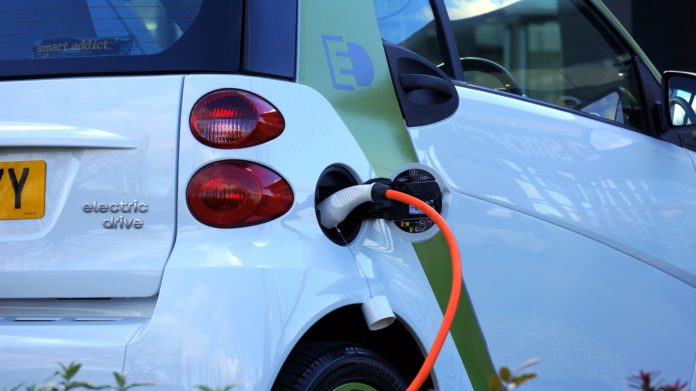
While there is a lot written about the electric vehicle (EV) driving and ownership experience, there is less information available about the EV shopping experience. The environmental group Sierra Club recently conducted a study based on mystery shopping at 308 dealerships and stores from 13 different automakers across 10 states to evaluate the state of the electric vehicle shopping experience. With the exception of Tesla (which sells direct to customers), the results are dismal, particularly outside of California.
“Our volunteers told us that nearly half the time EVs were not displayed prominently, and that the plug-in cars were often hard to find on a dealership lot,” according to the report’s authors. “Many volunteers told us that salespeople they spoke with neglected to inform them of state and federal incentives that could lower the cost of an EV. Some people even found themselves unable to test-drive an EV because the dealership had failed to charge it.”
The study, entitled “Rev Up Electric Vehicles, Multi-State Study of the Electric Vehicle Shopping Experience,” involved organizing 174 Sierra Club volunteers to visit or call auto dealerships (or stores, in the case of Tesla) representing 13 automakers. The states chosen for the experiment were the 10 that have signed onto California’s Zero Emission Vehicle (ZEV) mandate: California, Oregon, Maine, Massachusetts, Vermont, Connecticut, Maryland, New York, New Jersey, and Rhode Island. Mystery shoppers were asked to estimate the number of EVs on the lots of each dealership. They found California dealerships were two and a half times more likely to have EVs on the lot.
In many cases, the shoppers knew far more about EVs than the salesperson did – EV buyers are highly motivated shoppers – making the lack of charging of vehicles for test drives alarming, since many buyers visit dealerships only for the test drive. Others were told that keys were lost, and several experienced salespeople attempting to talk them out of purchasing an EV. In one-third of cases, shoppers said that salespeople they spoke with neglected to inform them of state and federal incentives that could lower the cost of an EV. In 42 percent of visits, EVs were either “not prominently displayed” or were only “somewhat prominently displayed.”
The dealerships included in the study were Audi, BMW, Chevrolet, Fiat, Ford, Hyundai, Kia, Mercedes, Nissan, Porsche, Tesla, Volkswagen, and Volvo. It did not include Toyota, Cadillac or Mitsubishi because those companies sell so few EVs. As a result, according to Sierra Club, the study can be considered a review of the performance of those manufacturers that purport to be on the forefront of promoting EV sales around the country, in states where the purchase of EVs is supposed to be actively encouraged due to state mandate.
“The study described in this report sheds light on the fact that there is much more that automakers and their affiliated dealers can do to be more successful in selling EVs,” wrote the report’s authors. “We believe our study helps to demonstrate that now is the time for automakers to better comply with the standards and for regulators to strengthen the ZEV program so that the auto industry better delivers cleaner cars and an EV shopping experience consumers want and deserve.”
Tesla’s shopper experience was largely positive. BMW, Chevy and Nissan experiences were rated as mostly positive, and those from Audi, Kia and Fiat fell in the middle. Mostly negative or mediocre experiences were provided by Ford, Mercedes, VW, Porsche, Hyundai and Volvo.












